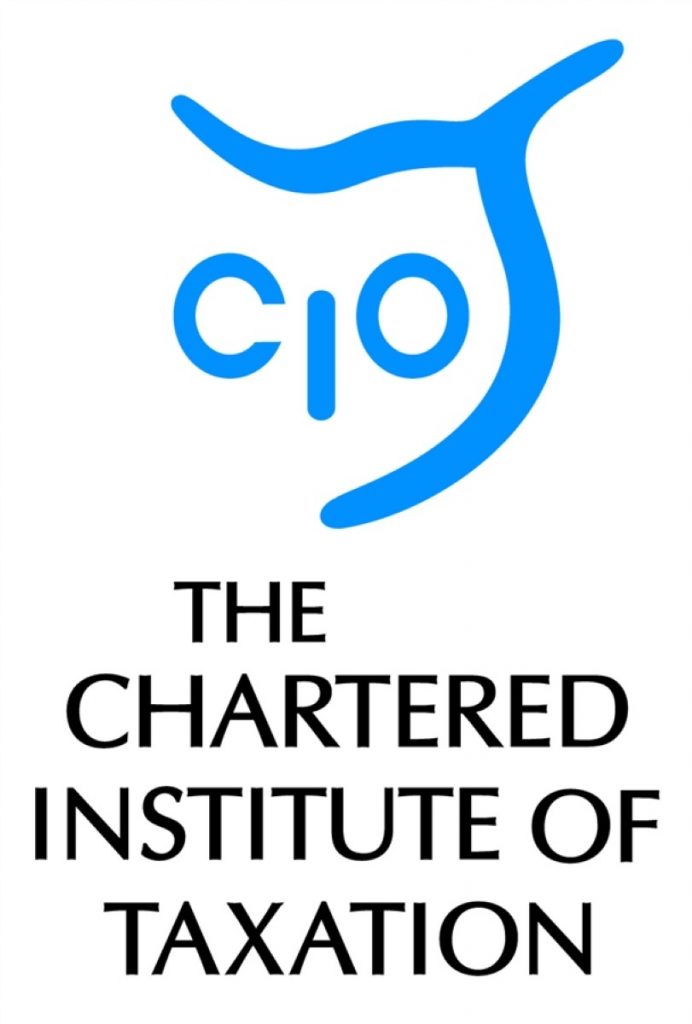CIOT: ‘Digitally excluded’ losing out as Government moves online
A report published today (Wednesday 9 May) by the Low Incomes Tax Reform Group (LITRG) highlights the growing problem of ‘digital exclusion’. It provides new evidence that government efforts to move services and transactions online are disadvantaging older people, those with disabilities and the self-employed in particular.
The report incorporates substantial independent research conducted by LITRG with three advice charities. This found that nearly half of those seeking help on tax and tax credit issues did not have access to a computer. Of those without access less than a quarter would like to carry out personal business online, even if barriers such as affordability could be overcome. This suggests the Government’s plans to move interactions and services online will have to make allowance for substantial numbers of ‘paper and post’ hold-outs for some time to come.
Some key points from the report are:
· The most common determinant in digital exclusion is age, but other significant factors, often combined with low income, include disability, learning difficulties, ethnic origin, location, culture and language. The digitally excluded are likely to be disproportionately heavy users of government services
· Digital exclusion is prevalent among small businesses and the self-employed. The proportion of those with disabilities who work and are self-employed is higher than in the general population. A significant minority of micro businesses are run by older people
· Lack of inclination and expertise were cited by those surveyed as the top two reasons for not wanting to carry out personal business online. Doubts over security and affordability were also significant deterrents
Digital exclusion issues will continue to persist – a ‘hard core’ group are likely to be excluded for some time to come
Anthony Thomas, President of the Chartered Institute of Taxation and Chairman-Designate of LITRG, commented:
“Doing business online wherever possible makes good economic and administrative sense for both state and citizen. So it is understandable, and welcome, that a central strand of the Government’s public services agenda is to encourage people to do their government business online – the ‘digital by default’ strategy. There are several segments of the population, though, who are either unable to engage digitally or who struggle to do so – the ‘digitally excluded’.
“These are the people who are losing out as more and more government services and transactions are only available – or only easily available – to those with computers, who are IT-literate and have a decent internet connection. Older people are particularly affected.
“The main thrust of our report’s recommendations is that ‘digital by default’ must involve an inclusive approach and not a mandatory one. Citizens should not be forced to fulfil their obligations online if they are unable to do so or will find it excessively difficult. A mandatory approach could further compound exclusion issues. This includes compulsory online filing of tax returns by businesses. As the case studies in our report show, many micro-businesses and self-employed people operate effectively in business without a computer, far less an internet connection.
“To encourage people into digital, online services should be made as simple as possible, must be accompanied by easy to access guidance and customer support, and must be robust and secure. The role of intermediaries including the voluntary sector in helping those who are ‘willing but always need help’ should be recognised with reinvestment of savings from reduced service delivery costs in supporting their work.
“Nevertheless, government digital policies must plan for groups who won’t ever be able to cope with digital services. Government should continue with a multi-channel approach, encouraging and supporting people to transact with government online but continuing to offer alternatives. ‘Digital by default’ should not mean digital is the only option.”
Notes to editors
1. LITRG’s research includes a survey completed by 758 customers of three charitable organisations (Tax Help for Older People, Tax Aid and the Migrant Resource Centre), conducted by a combination of face to face meetings, telephone and post.
2. LITRG representatives are available for interview on the report. Interviews can also be arranged with some of the ‘digitally excluded’ who feature in case studies in the report.
3. The full report can be downloaded from www.tax.org.uk/Digital_Exclusion
4. The Low Incomes Tax Reform Group (LITRG) is an initiative of the Chartered Institute of Taxation (CIOT) to give a voice to the unrepresented. Since 1998 LITRG has been working to improve the policy and processes of the tax, tax credits and associated welfare systems for the benefit of those on low incomes.
5. The CIOT is a charity and the leading professional body in the United Kingdom concerned solely with taxation. The CIOT’s primary purpose is to promote education and study of the administration and practice of taxation. One of the key aims is to achieve a better, more efficient, tax system for all affected by it – taxpayers, advisers and the authorities. The CIOT’s 15,800 members have the practising title of ‘Chartered Tax Adviser’ and the designatory letters ‘CTA’.
George Crozier
External Relations Manager
D: +44 (0)20 7340 0569
M: +44 (0)7740 477374
The Chartered Institute of Taxation
Registered charity number 1037771
www.tax.org.uk
The Association of Taxation Technicians
Registered charity number 803480
Registered company number 2418331
VAT Registration Number 497 5390 90
www.att.org.uk
Low Incomes Tax Reform Group – an initiative of the Chartered Institute of Taxation
www.litrg.org.uk
1st Floor, Artillery House, 11-19 Artillery Row, London SW1P 1RT





-01.png)